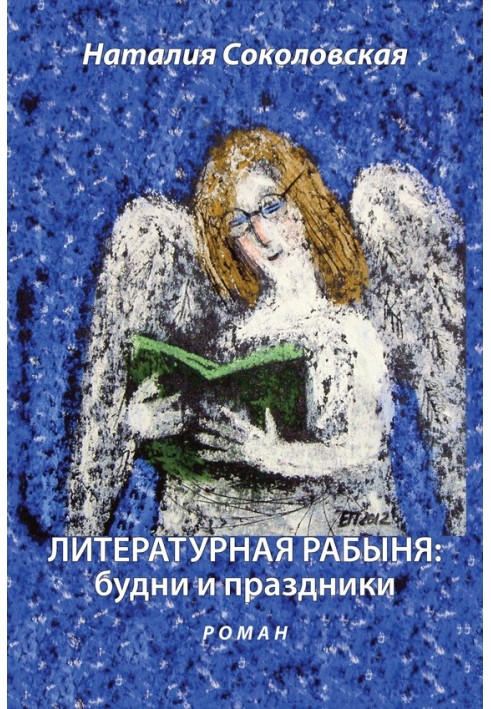Literary slave: everyday life and holidays
 Instant download
Instant download
after payment (24/7)
 Wide range of formats
Wide range of formats
(for all gadgets)
 Full book
Full book
(including for Apple and Android)
For this book, Natalia Sokolovskaya received the Prize named after. N. Gogol (2008). The book was included in the long list of the Big Book 2008 award. The heroine of the novel is an editor by profession, and a poet by vocation. She graduated from the famous and semi-scandalous Moscow Literary Institute at the end of the Soviet system, and by the beginning of the story she works in a publishing house that is a model of “post-Soviet capitalism with a half-human face.” After graduating from the Literary Institute, Dasha ends up in Georgia. Her love for the poet Boris Pasternak brought her there. But in this country she also finds her own, already real love, which develops against the backdrop of the tragic events of April 1989 and the civil war of 1991-1992, in which she herself is involved and in which her lover, journalist Irakli, takes part. Dasha returns to Leningrad , which during this time became St. Petersburg. Irakli remains in Tbilisi. Soon Dasha will have a son. This is how her “ordinary” life begins in a disintegrating country. The novel interweaves the fates of women whose books Dasha rewrites. This is the eccentric semi-adventurist Katalina Huanovna (formerly Katya) and the mute singer from the mountainous Azerbaijani village of Aidan, whose tragic fate in the book occupies almost as important a place as the fate of the heroine herself, perhaps because it is connected with the “Caucasian theme” . The story about the publishing business of the nineties, about relationships with management and authors, about the peculiarities of domestic book publishing is laughter through tears. Favorite Russian reaction to the tragic. The cover design uses the work of Ekaterina Posetselskaya.
Data sheet
- Name of the Author
- Наталия Соколовская Евгеньевна
- Language
- Russian

















